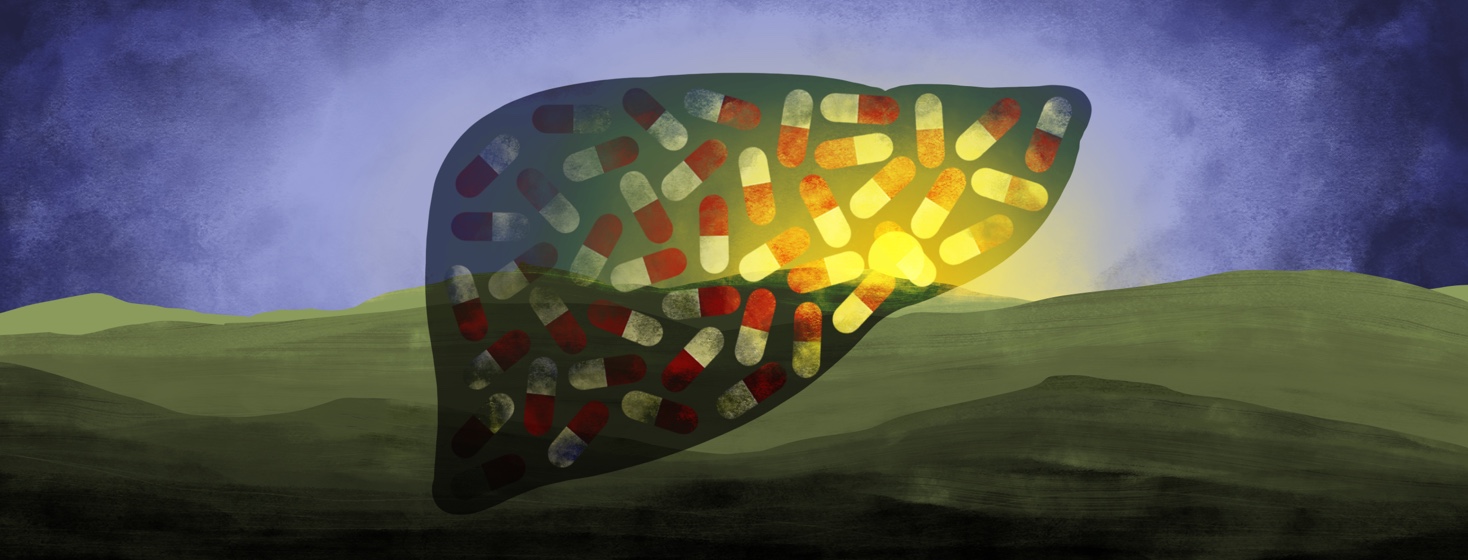Why Start Treatment for Hepatitis C? Lower Your Risk of Liver Cancer, Liver Scarring, & Cognitive Problems, To Start!
Untreated, chronic hepatitis C can lead to serious health issues, such as include liver cirrhosis, problems with liver function, and liver cancer. Older treatment options, including ribavirin and interferon, were hard on the body. These medicines had many side effects and low cure rates. However, in recent years, new treatment options have become available. These are called direct-acting antiviral drugs, or DAAs. These new options have incredibly high cure rates and minimal side effects.
Direct-acting antiviral research
While DAAs seem great in theory, some people with hep C may be wary of trying them after having a hard time with older treatment options. Others who have never treated may be worried about how new these medicines are. Since they haven’t been around for a long time, we’re not completely sure what their long-term effects may be. Recently, experts have been studying DAAs to find out more about the potential benefits of using them.
One recent study from Denmark has found that treating with DAAs has many benefits, including reducing liver inflammation, liver scarring, and even cognitive problems.1,2 The study followed 71 people with hepatitis C before, during, and after treatment. Each person received a DAA treatment regimen that contained sofosbuvir (Sovaldi). Sofosbuvir is in drugs like Harvoni and Epclusa. The results from the study were published in the Journal of Viral Hepatitis.1 Some of the findings are below.
Decreased liver scarring and damage
Since hep C can have very few symptoms until it has progressed for a long time, some people may not know they have hep C for decades. During this time, their liver may have experienced a lot of inflammation trying to fight off the virus. This long-term inflammation can lead to fibrosis and cirrhosis of the liver. These can then lead to cancer.
In the Dannish study, by the end of treatment, inflammation and liver scarring had decreased significantly for many patients. Liver stiffness (a measure of scarring) decreased by 20 percent. Stiffness decreased another 15 percent one year after treatment. The results show that while inflammation and scarring can lead to cancer, reducing them with treatment may reduce the risk of further complications later on.1,2
Improved liver function
The doctors also measured how well the liver processed, broke down, and got rid of certain substances. This was a measure of how well it was functioning. Three months after treatment, liver function improved. This was true for people who started treatment with cirrhosis or advanced fibrosis.1,2
Benefits for cognitive and mental health
Hep C can impact a person’s cognition. For example, it may impact their energy, memory, and ability to quickly process things. The researchers measured response times to different sounds to monitor cognitive response time. One year after treatment, response times were faster. This means cognitive issues improved after taking the DAA drugs.1,2
Overall, more research is needed to understand the long-term effects of DAAs. However, studies like this one suggest that treating hep C may help improve liver function, scarring, and cognitive problems after the virus is cured!1,2

Join the conversation